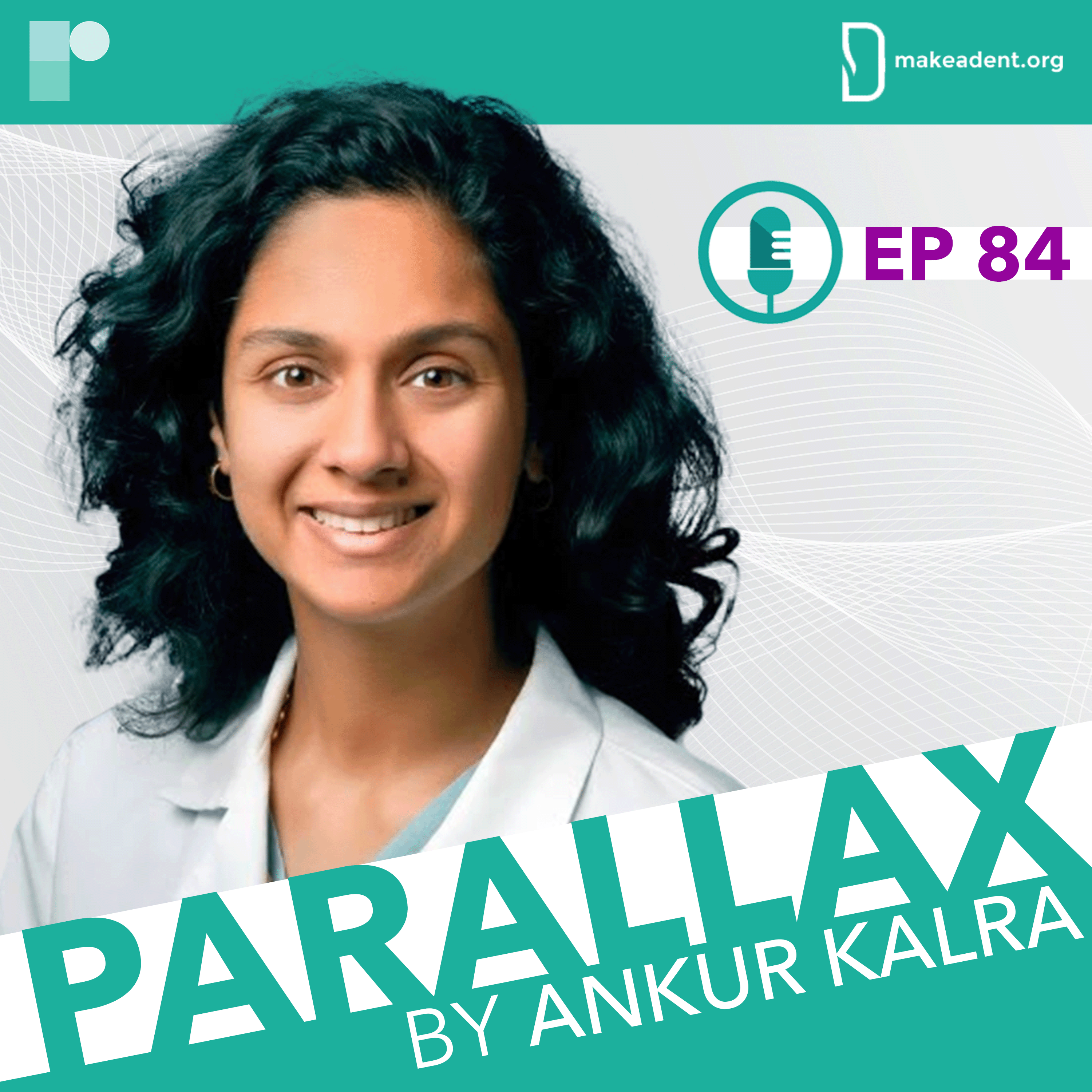
“Medical school cannot, and should not, feel easy—but it should feel worthwhile” – these are the opening words of Dr Kittleson’s book, Mastering the Art of Patient Care. Dr Kittleson’s book is not only a great resource for patient care, but a heartful companion to early career faculty as well.
Dr Kalra’s guest on Parallax this week is Dr Michelle Kittleson, Professor of Medicine at Cedars-Sinai, Director of Education in Heart Failure and Transplantation and Director of Heart Failure Research at the Smidt Heart Institute.
Coming from generations of doctors, Dr Kittleson describes herself first and foremost a dedicated clinician. With her new book, Dr Kittleson offers her mentorship and shares her advice on how to make patient care fulfilling for both clinicians and patients.
In this rich and insightful discussion, Dr Kittleson talks about the origins of famous #kittlesonrules, a collection of tips for doctors shared on Twitter, and her thoughts on mentorship. We learn more about Mastering the Art of Patient Care. Dr Kalra and Dr Kittleson discuss strategies for managing difficult situations in patient care.
You can find out more about Mastering the Art of Patient Care here.
How do you pick a medical programme? How can you define your medical style? What can you learn from Mastering the Art of Patient Care?
Questions and comments can be sent to “podcast@radcliffe-group.com” and may be answered by Ankur in the next episode.
Guest: @MKIttlesonMD, host: @AnkurKalraMD and produced by: @RadcliffeCARDIO.

This episode features a vascular neurologist and an interventional cardiologist who will discuss the relationship between their two fields of medicine.




Tune in to discover the strategies that Dr. Kalra and Dr. Alasnag are currently employing and gain insights into how these data will shape their future decision-making in the catheterization laboratory. Don't miss this informative discussion at the forefront of interventional cardiology.

As we adapt to the changes brought about by the pandemic, Dr Singh outlines the necessary steps to foster a reality in which we can utilize these technologies to create more time for human connection.

Dr Owens is Medical Director of the Center for Inherited Cardiac Disease and Associate Professor of Medicine at the Hospital of the University of Pennsylvania.
This series is supported by an unrestricted educational grant from Bristol Myers Squibb. Please see www.camzyosrems.com for important safety information.
This content is intended for US-based physicians.





